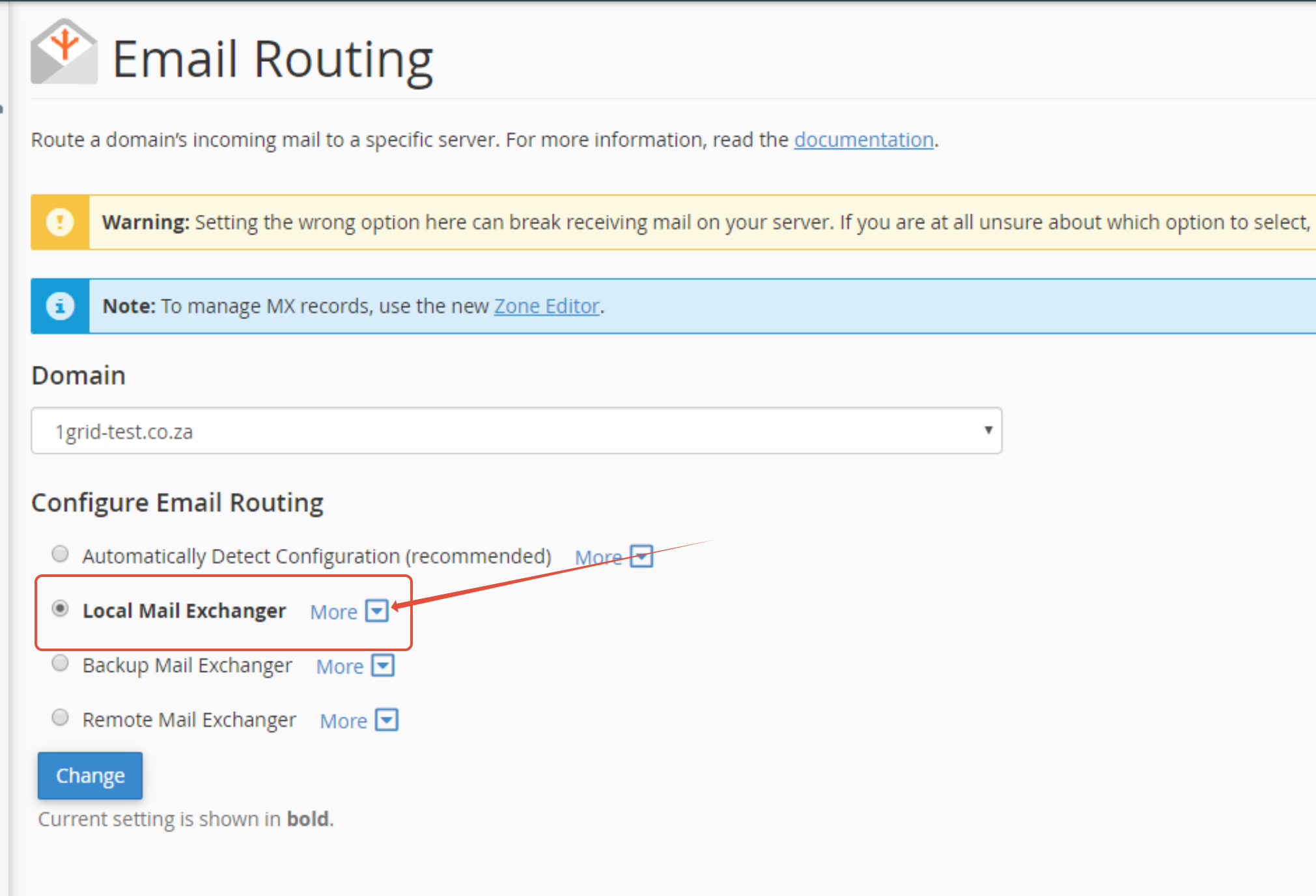Difference between cPanel and WHM

WHM (WebHost Manager) provides administrative control over your dedicated server or VPS. It allows a hosting provider to manage a customer’s account. WHM (WebHost Manager) provides administrative control over your dedicated server or VPS. It allows a hosting provider to manage a customer’s account.
WHM is also a reseller control panel. It is what our customers receive with all Reseller hosting plans and use to manage all their resold hosting accounts in their reseller plans. However, a reseller has restricted reseller rights in WHM comparing to VPS and Dedicated Servers WHM (root user rights), so some functions are not available for them:

In WHM, you can:
- create individual accounts
- create custom hosting packages
- add domains to the server
- manage features of hosting packages and accounts
- reset passwords/contact email addresses for cPanel accounts
- edit Resource Limits for cPanel accounts
- modify DNS zone records for each domain/subdomain
- set up private nameservers on the server
- access resold accounts without entering login details
- perform basic system and control panel maintenance
- For more information about reseller WHM options, refer to this article.
cPanel is designed for managing separate hosting accounts on the server. End users/clients are able to:
- install CMS using Softaculous
- upload and manage files for their websites
- add/remove addon domains and subdomains
- create email accounts and manage email settings and SPAM protection
- edit DNS records for their domains
- check website statistics
- manage databases and backups, etc.
cPanel Basic Theme:

cPanel Retro Theme:

Take into account that when accessing cPanel via WHM of a reseller or root user, you can manage almost all options of the end user’s cPanel. However, some menus (like GoogleApps) can be accessed only when you are logged in as an individual cPanel user.
Here is the structure of WHM/cPanel users depending on their permissions:
1. Server Administrator Panel (root access to WHM)
The top tier and highest-level user is the 'root' user. This is the server administrator who has full access to the server. The server administrator has total control over all WHM functions and can modify global server settings as well as customize settings for users with more limited privileges. A root user can access all levels of WHM interface, including reseller WHM and an end cPanel user. There is only one root user per server.
2. Reseller Panel (WHM)
The reseller user is a subordinate of the server administrator.
A reseller user has a more limited set of features comparing to the root user. They are limited by the server administrator to the features which affect the reseller’s customers’ accounts but not the whole server.
Reseller access is provided with Reseller Panel (WHM) where they can manage all their resold accounts. The reseller also has access to all created accounts ('resolds'). The privileges of the reseller are set by the server administrator. There can be multiple resellers per server.
3. Main Reseller cPanel
cPanel is a control panel used to manage the hosting account under your main domain. When you sign up for a Reseller package, you select a main domain name, it can be accessed via the main cPanel account. Login details for this cPanel coincide with WHM account details. If you need to reset the WHM password, it is required to reset the main cPanel account password, and they will both synchronize.
4. cPanel account (resold)
Resold accounts are owned by the Reseller Panel (WHM). Resold accounts can be easily created, managed and maintained in Reseller Panel (WHM).
That's it!
"Our guide will help you understand the underlying principles of WordPress optimization"
Rasalina Willamson
Ut enim ad minima veniam, quis nostrum exercitationem ullam corporis suscipit laboriosam, nisi ut aliquid ex ea commodi consequatur Quis autem vel eum iure reprehenderit qui in ea voluptate velit esse quam nihil molestiae
Share this Post
Trusted By
900+
Client World wide
24x7x365
Professional Technical Support
Providing Cloud
Services
Since 2008
Network Uptime
99.9%
Server Uptime









